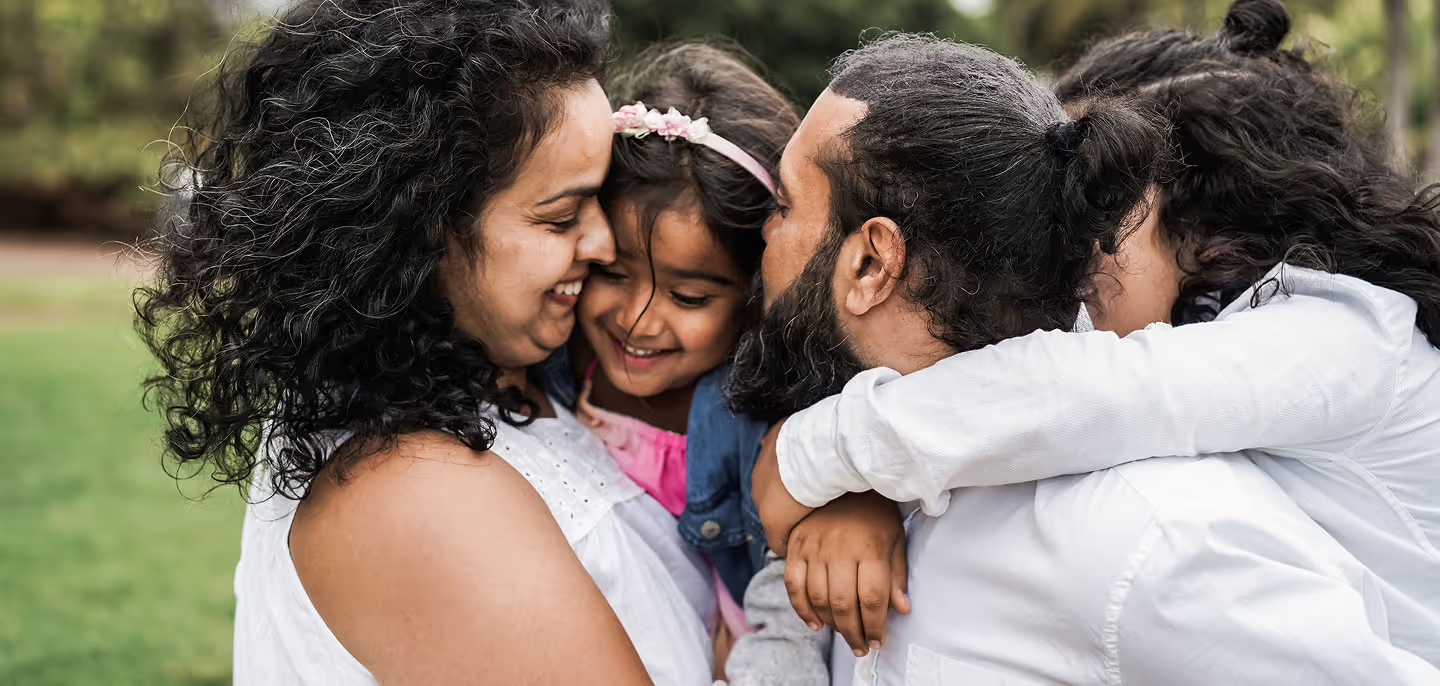
Assisting With DACA (Deferred Action for Childhood Arrivals) Cases in California
DACA protects eligible immigrants from deportation and provides work authorization. We assist in applications, renewals, and status adjustments.
Checking Your DACA Eligibility
We determine whether you meet the qualifications for DACA, including age, arrival date, and educational requirements.
Preparing & Submitting Your Application
Our attorneys ensure your DACA paperwork is accurate, avoiding delays or denials.
Renewals & Future Pathways
We assist with renewal applications and explore long-term options for obtaining legal residency.



Experience the Difference of Working With An Immigration firm?
Watch this video to learn:

What to expect in your case

How our process works

Common immigration challenges

Steps to achieve legal status
Our Practice Areas
The Jurado Firm proudly serves the Los Angeles area and beyond with expert guidance in a myriad practice areas.
Real Clients, Real Results
See how we've helped individuals, families, and businesses navigate the immigration process with confidence and success.

Love Knows No Borders: A Family Petition Success Story
Jesus
"Working with the Jurado Firm, particularly Whitney Jurado, was an absolute game-changer for us. As an immigration attorney, Whitney exceeded all our expectations, not once, but twice—first, when my partner applied for his residency card after we got married, and again when it came time for renewal. Both experiences were nothing short of phenomenal.
What sets Whitney and Carlos Jurado apart is not just their unparalleled expertise in immigration law, but their genuine empathy and support for their clients. As an LGBT couple, finding professionals who not only understand but also respect and champion your rights can be challenging. Whitney and Carlos are those rare gems who make you feel seen, heard, and valued. Their dedication to fostering better opportunities for people like us in the USA is truly commendable.
In a world where the legal process can often feel daunting and impersonal, Whitney and Carlos Jurado stand out for their compassion, professionalism, and unwavering commitment to their clients' best interests. Anyone looking for immigration attorneys would be hard-pressed to find a team more dedicated, knowledgeable, and supportive than the Jurado Firm. They are, without a doubt, the best immigration attorneys anyone could ever hope to work with."
"Lorem ipsum dolor sit amet, consectetur adipiscing elit. Suspendisse varius enim in eros elementum tristique. Duis cursus, mi quis viverra ornare, eros dolor interdum nulla, ut commodo diam libero vitae erat."





"I extend my deepest gratitude to my attorney Whitney for her excellent legal representation in my asylum case. Their professionalism, experience and dedication were fundamental to obtaining a successful result. Also to my legal assistant Xiomara, I deeply appreciate her excellent work on my case. Her ability to explain every detail of the process to me clearly and concisely was invaluable. And of course, thank you to the entire Jurado Firm team. They were always available to answer my questions and I was kept informed at all times."
Derling





"Hello to all those people who want to begin an immigration process such as an adjustment of status, please allow me to recommend the Jurado Firm. I am in process and I am very happy with your service and assistance at all times. Thanks to the lawyer and his assistant, Miss Stephanie, who is an essential person who has helped us from the beginning and they already gave me my work permit. Thank you very much, Miss Stephanie, and also to the entire team who make it possible to achieve this dream."
Garcia Family





"I was able to get a free consultation with Attorney Carlos at The Jurado Firm and eventually I decided to go with them. My legal assistant was Stephanie at the Bakersfield address and overall my experience was made quick and easy. I started with them in spring of 2023 which were a quiet few months because I had to get all my documents in order but in December 2023. I submitted my documents and after the holidays in February 2024 they submitted my Adjustment of status and I received my green card in just under 45 days in March of 2024."
The Mendoza's
DACA (Deferred Action for Childhood Arrivals) FAQs
Navigating immigration law can be complex—here are the most common questions we receive to help guide you through the process.
Who qualifies for DACA?
Those who arrived in the U.S. before age 16 and meet education and background requirements.
Can DACA recipients apply for citizenship?
DACA does not provide a direct path to citizenship, but recipients may explore other options.
Does DACA grant legal status?
No, but it provides protection from deportation and work authorization.
Can I travel outside the U.S. with DACA?
Yes, with advance parole, but reentry is not guaranteed.
Can new applicants apply for DACA?
As of now, initial applications are restricted, but renewals are still being processed.
Take the First Step Toward Your Future
Your immigration journey starts here—let our dedicated team guide you through every step with expertise, compassion, and unwavering support.

.png)






.avif)
.avif)
.avif)







.png)
.png)


